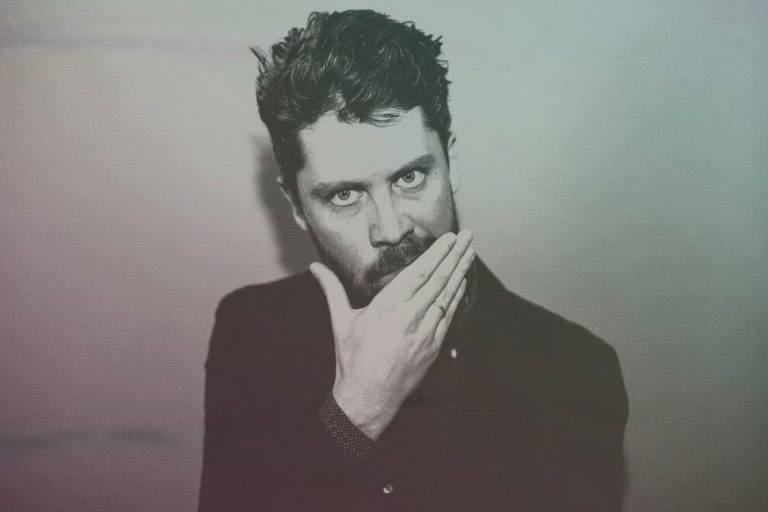Written over four years after his move to New York, Australian-born, NYC-based Ernest Ellis has finally released Be The Pariah, his long-awaited fourth album.
Co-produced alongside Kelly Winrich (Nathaniel Rateliff, Delta Spirit) – and full of celebrations of the weird and wonderful – Be The Pariah was given 4.5 stars from this writer for Rolling Stone Australia for good reason.
“His ability to tell stories that are hard to hear, to look dark parts of himself in the face, is a unique contribution to a society that teaches you the opposite,” said Rolling Stone Australia.
Check out Ernest Ellis’ ‘Be the Pariah’ LP:
But who better to tell us more about this fascinating and captivating record than the artist himself? In the below track-by-track, Ernest Ellis lets us deep inside his beautiful mind to unpack the nine-track glory that is Be The Pariah.
Be The Pariah
It’s a two part song. The first part is about a “beautiful son of a bitch” named Shaun, who’s an ostracised surrealist painter living in small town Australia. The second part touches on a whole cast of similar social pariahs – an albino kid; a girl who wants to make weird sounds instead of playing in time, and so on.
It’s a call to celebrate outsiderness, really; to say screw it to those ‘insider’ forces that try to put us into little boxes and hold us there. It sets the stage for the guiding theme of the whole record, and in terms of it being a record where I attempt to take on a range of other POVs to tell stories instead of it being all about the I, I, I.
Check out the video for title track ‘Be The Pariah’:

Time Takes No Toll
I can’t describe this song without sounding pretentious… It’s about a guy who’s let go of all material ambitions, and let themselves instead drift off into nature to be a clean vector for refracting light, instead of a self-interested one.
Love Classic Rock?
Get the latest Classic Rock news, features, updates and giveaways straight to your inbox Learn more
A Depressed Card Dealer
I spent some time in Las Vegas recently. In a decaying casino called ‘New York, New York’ I fixated on an elderly card dealer who looked like death-warned-up — glazed stare, jaundiced sunken cheeks, automated hand movements. I tried to write a song from his perspective.
Straight To The Top
It’s a naive song about the white-heat, naivety and power of rebellious young dreams. In this case they’ve been unleashed onto the highway as a young couple run away from their suffocating hometowns toward what they imagine will be instant success.
On the one hand it’s a satire, on the other it’s kind of triumphant – I can’t really decide myself.
Check out the video for ‘Straight To The Top’:

That Shit Summer We Spent In Berlin
It’s the only song that strays from the theme of the record. But I liked it so I left it on there. This is as close as I’ve ever come to writing a love song, I think.
It’s about the mysterious forces that see a relationship working out when everything says it shouldn’t – “Some things just stay no matter the proof. In the end all your reasons won’t get you too far because the blood has its yearnings beyond that sacred bar.”
Wild Dancer
It’s about a wild, beautiful, wilful girl who we can just see is tragically going to get beaten down by the parochial and naysaying culture of her small hometown. Again, it’s a little call to obliterate all this snide gossipy bullshit and embrace the wild goodness in people instead of beating it out of them, which is something we Australians have been regrettably good at doing throughout our history.
Arlo, Be A Good Boy
I’m just not that interesting, so instead I look for other vehicles through which to make a song. This tune is written from the perspective of a dying dad who’s writing a letter to his young son with some advice in it on how to live his life.
Lothario Schluck Beast Lover
It’s all in the title… It’s from the POV of a slick, poetic playboy sensualist who’s just pussy-obsessed and actually kind of as baron in his soul as anyone could get – “It’s all sand for miles, there’s no water little lover.” I wrote it after reading Philip Roth’s The Dying Animal.
Pariah Reprise
It’s my best shot at a parable. The moral of the story being this: For every natural pathway rejected, nature exacts a fair toll. The worse the betrayal, the heavier the toll.




































